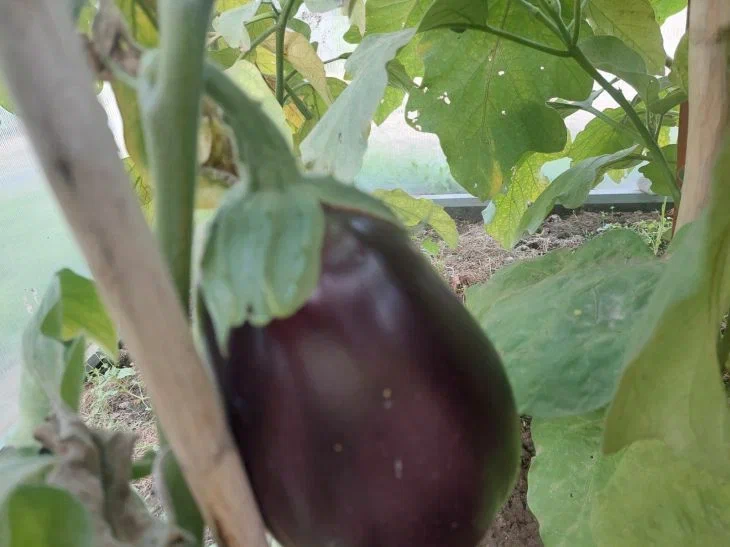Inquisitiveness can be attributed to the qualities that every successful summer resident must have. Today we offer to satisfy the curiosity of many gardeners who ask themselves the question: "What crops should not be neighbors?"
As you know, some crops need vast areas to produce fruit, while others only need a small plot of land. Some plants only produce fruit for one season, while others can grow in one place and produce fruit for several years.
Is it possible for them to coexist? And if not, what consequences might such a neighborhood have? Let's look at specific examples.

Sorrel and rhubarb
Both sorrel and rhubarb belong to the same family – buckwheat. In addition, both of them are perennials. Agree that they have a lot in common.
But even this similarity does not allow these two species to be grown next to each other. The reason is diseases that sorrel and rhubarb carry.
So, sorrel often suffers from ovulariasis. However, it tolerates it, so to speak, in a mild form.
But rhubarb can be crippled by such a disease. And vice versa – ramularia is generally not dangerous for rhubarb, whereas you will have to say goodbye to sorrel after such a misfortune.
The high probability of infection of one plant by another is due to their great similarity, but their resistance to various viruses is different. For this reason, sorrel and rhubarb should be planted at least 15-20 meters apart.
Eggplant and Potatoes
Again, we will talk about representatives of one family – nightshades. They are usually planted in large arrays.
Why can't potato and eggplant fields be planted next to each other? This is not recommended because an outbreak of the disease in one area will immediately spread to another.
Want to not worry about a good harvest of potatoes or eggplants? Then place nightshades far from each other. By the way, the same rule applies to cruciferous vegetables.
Carrots and onions
But joint planting of carrots and onions, on the contrary, is welcomed. The thing is that both of these crops are very much loved by such a pest as the onion fly.
If they grow close to each other, they will mask each other with their smell, and thus stop attracting the attention of this parasite.

